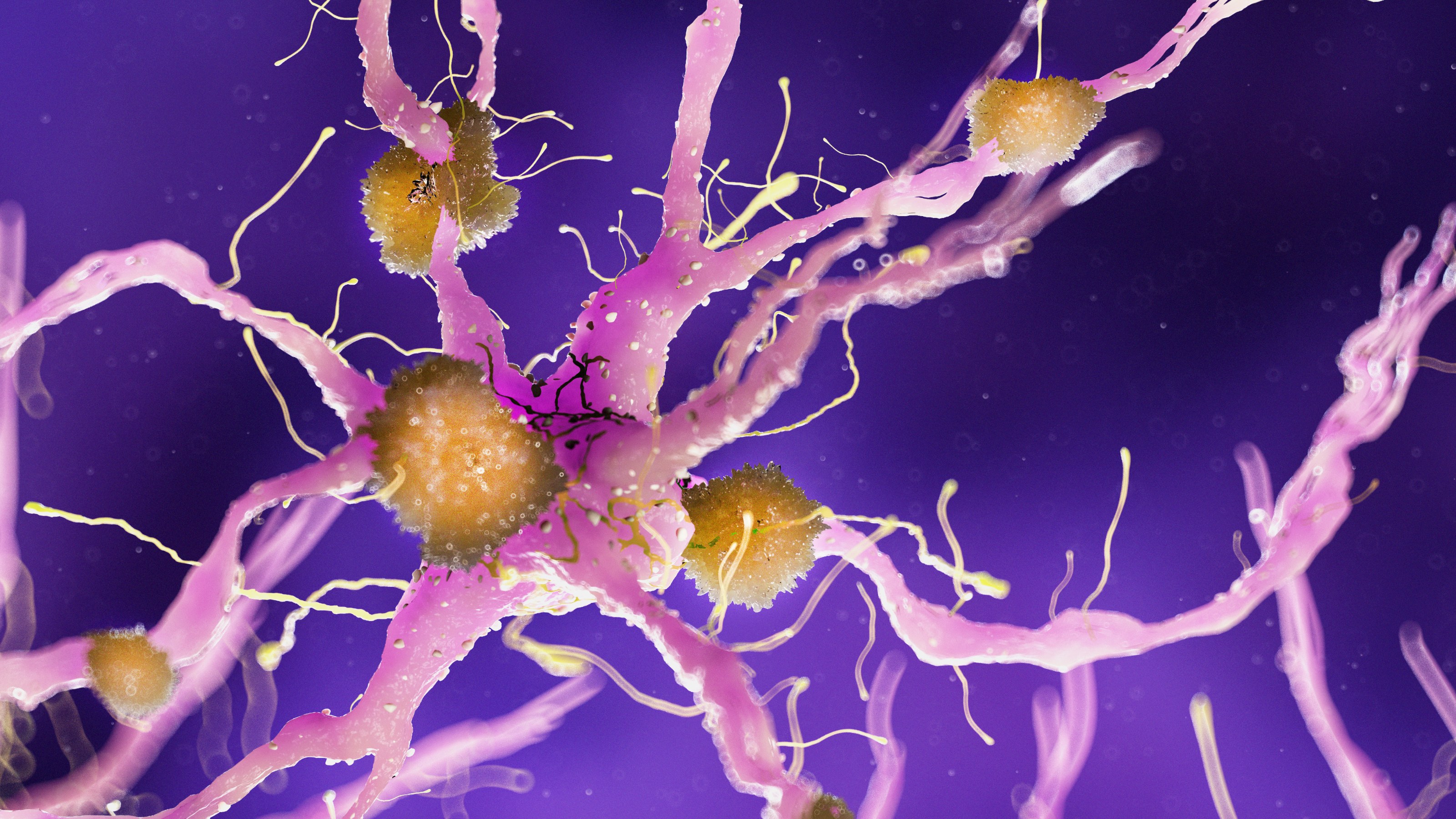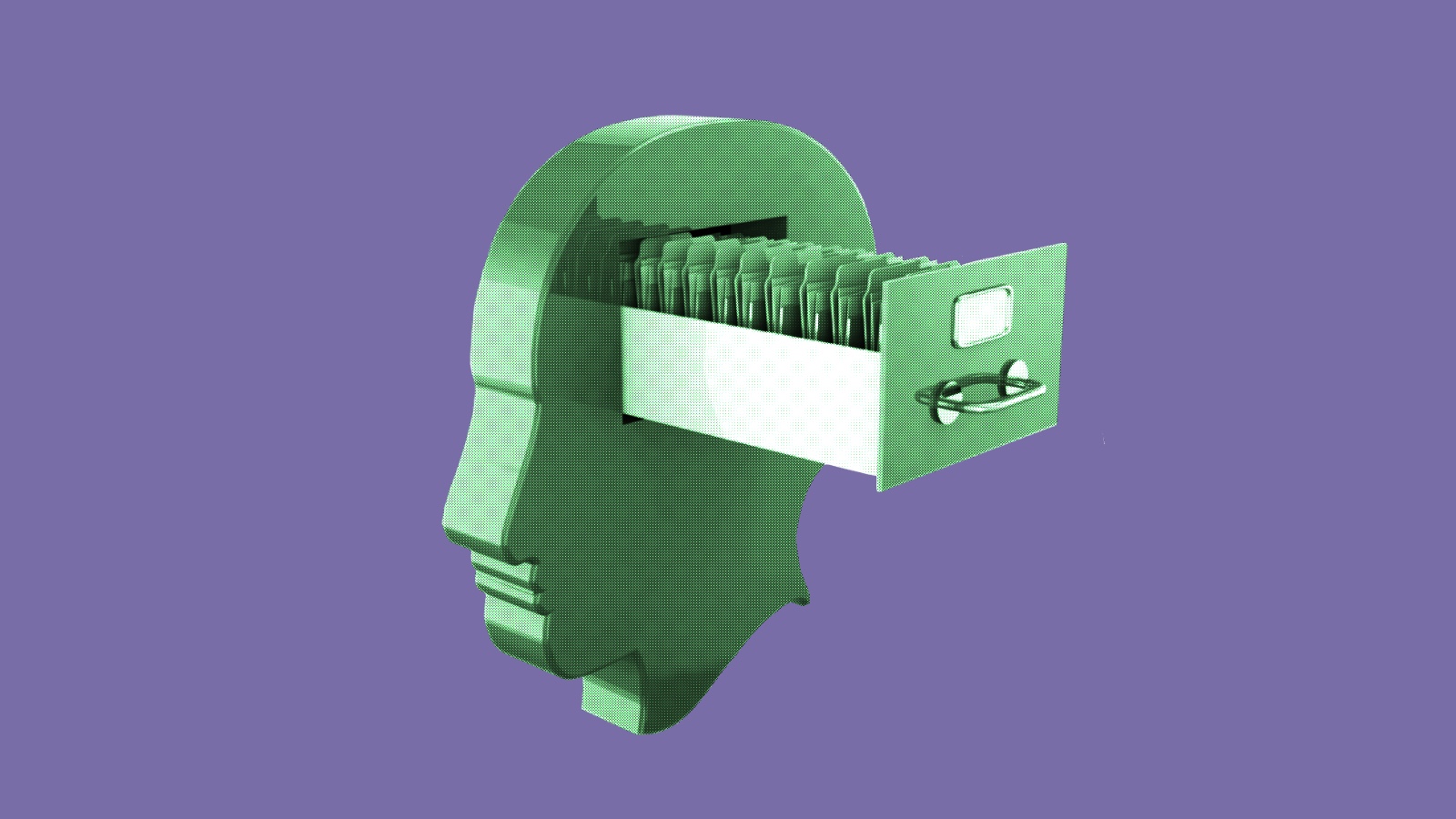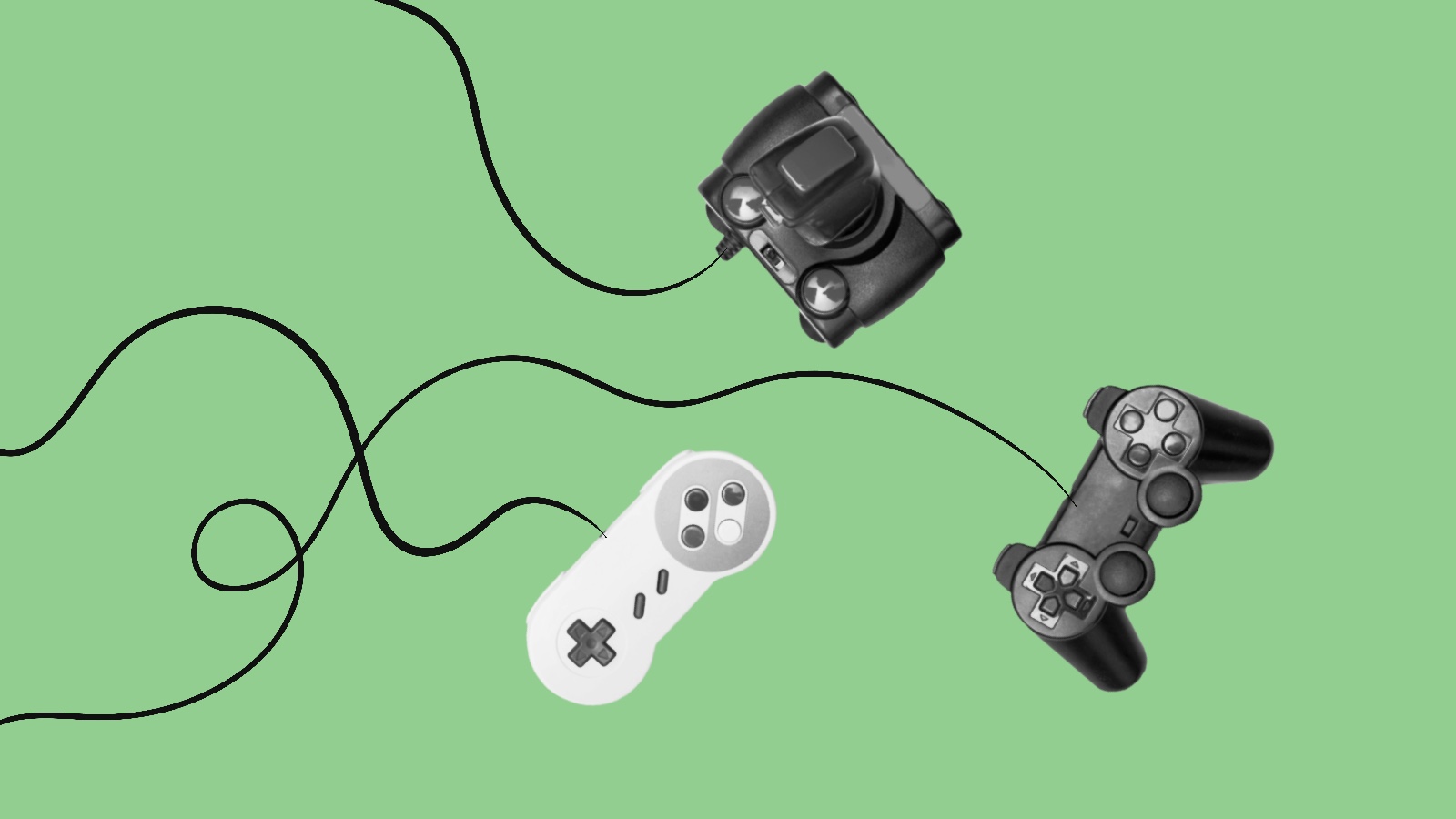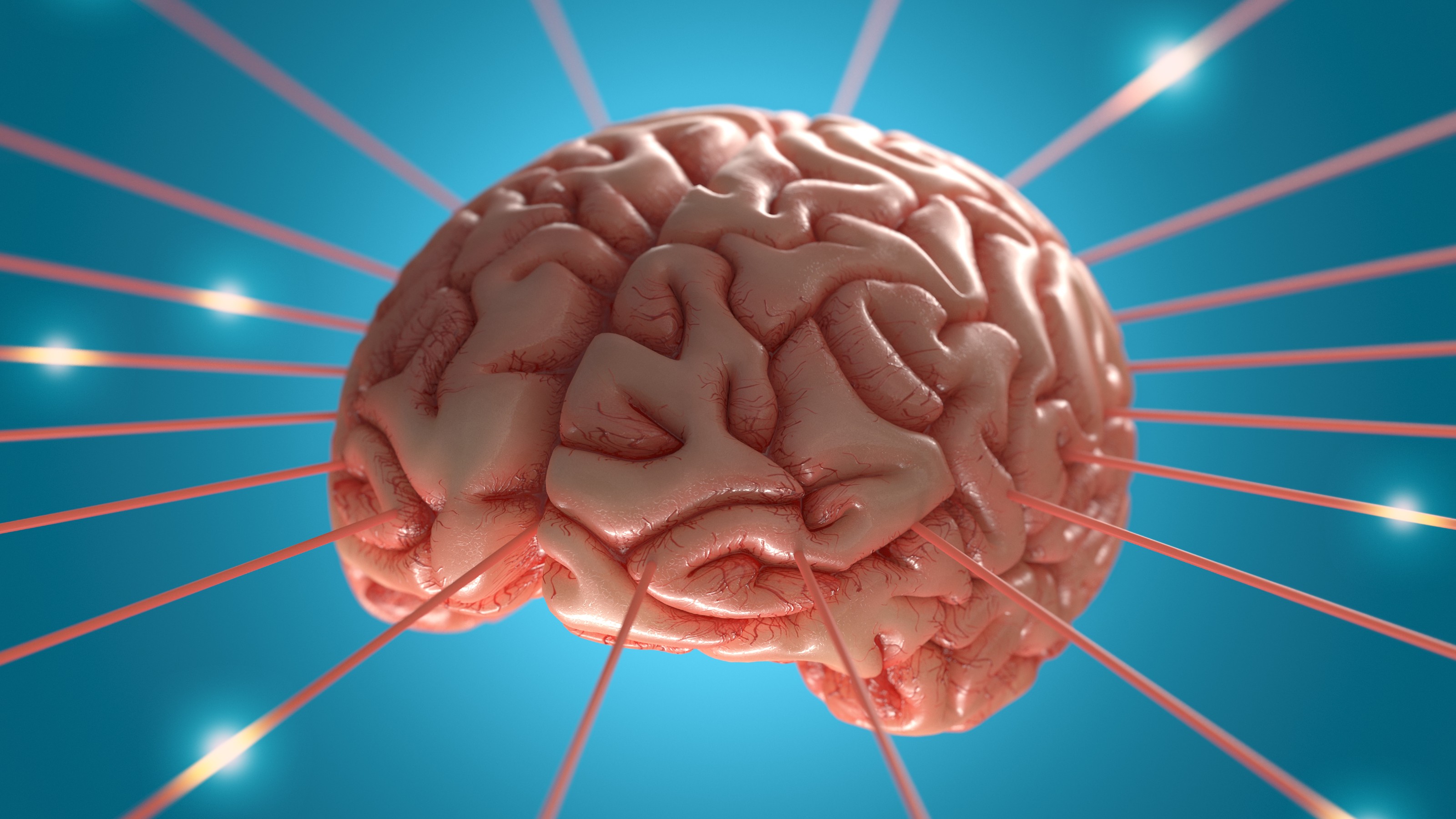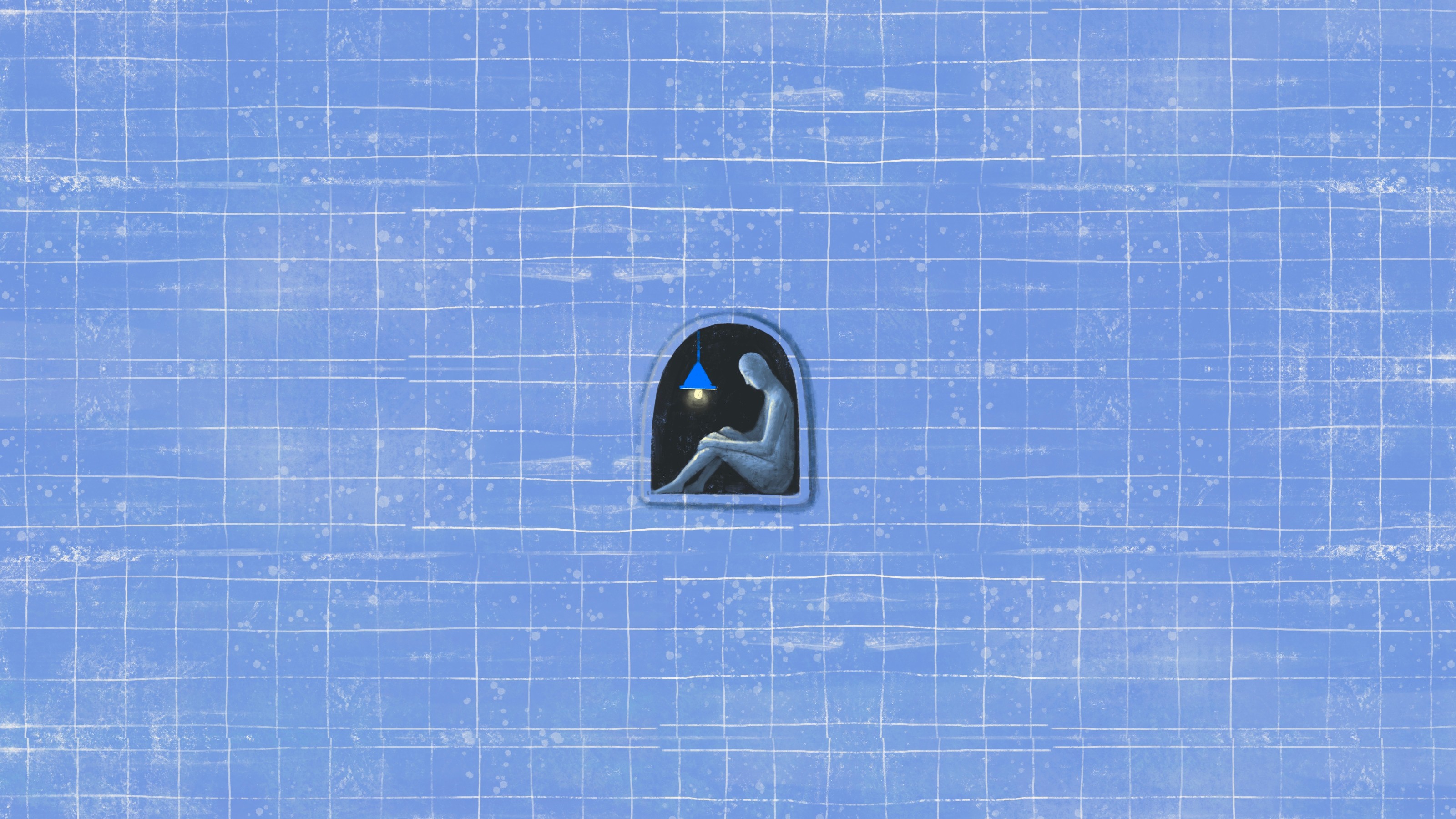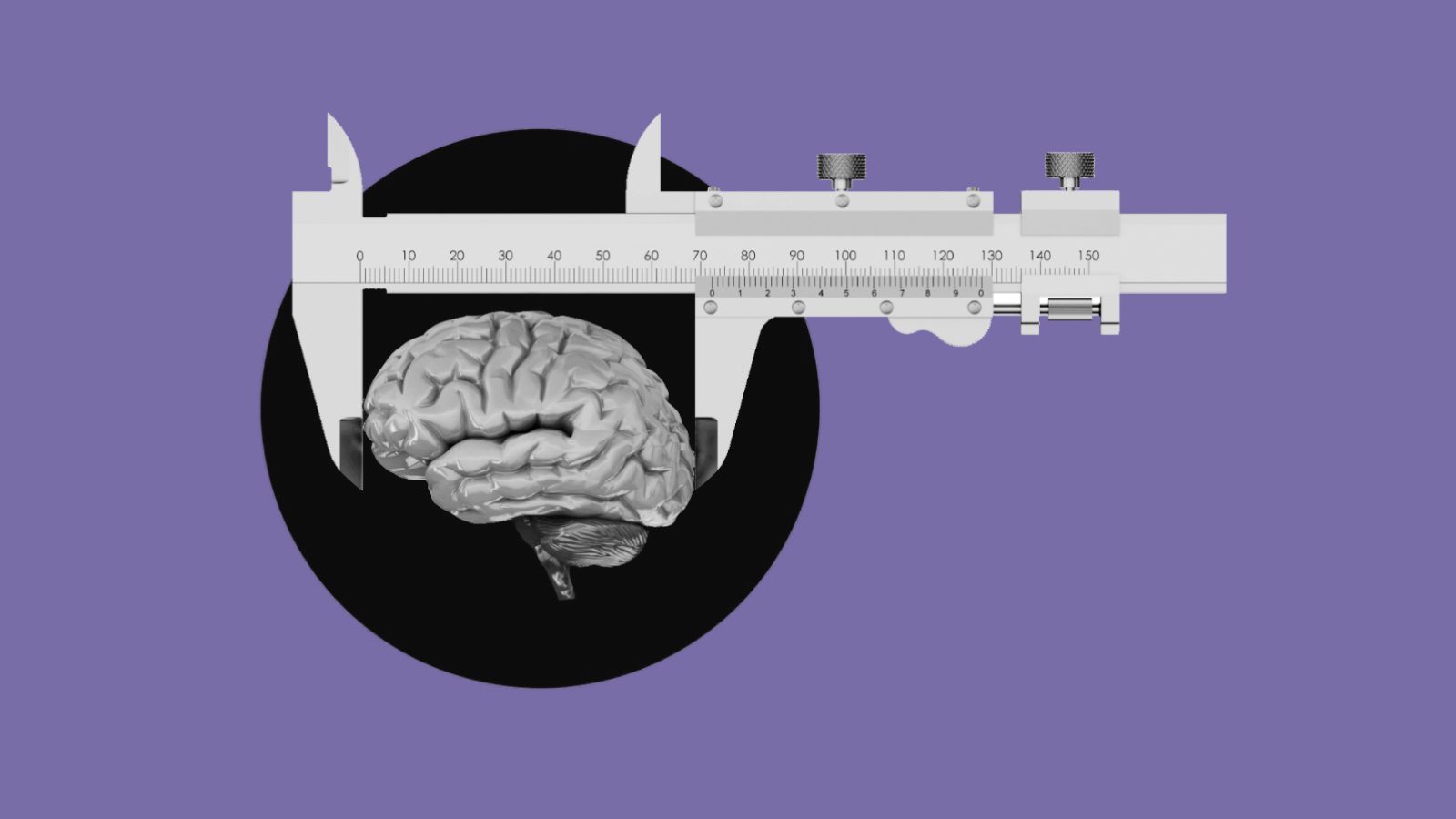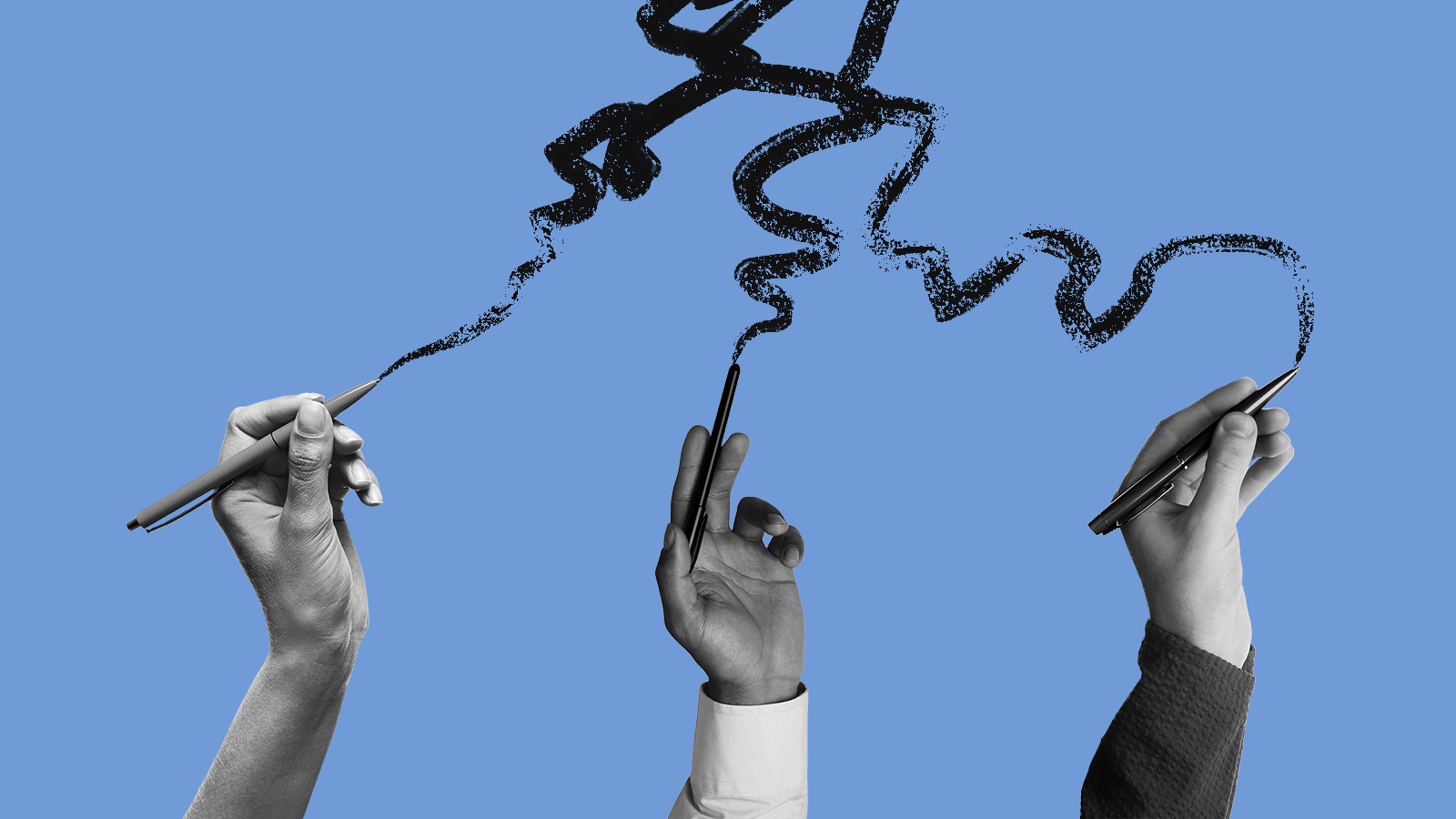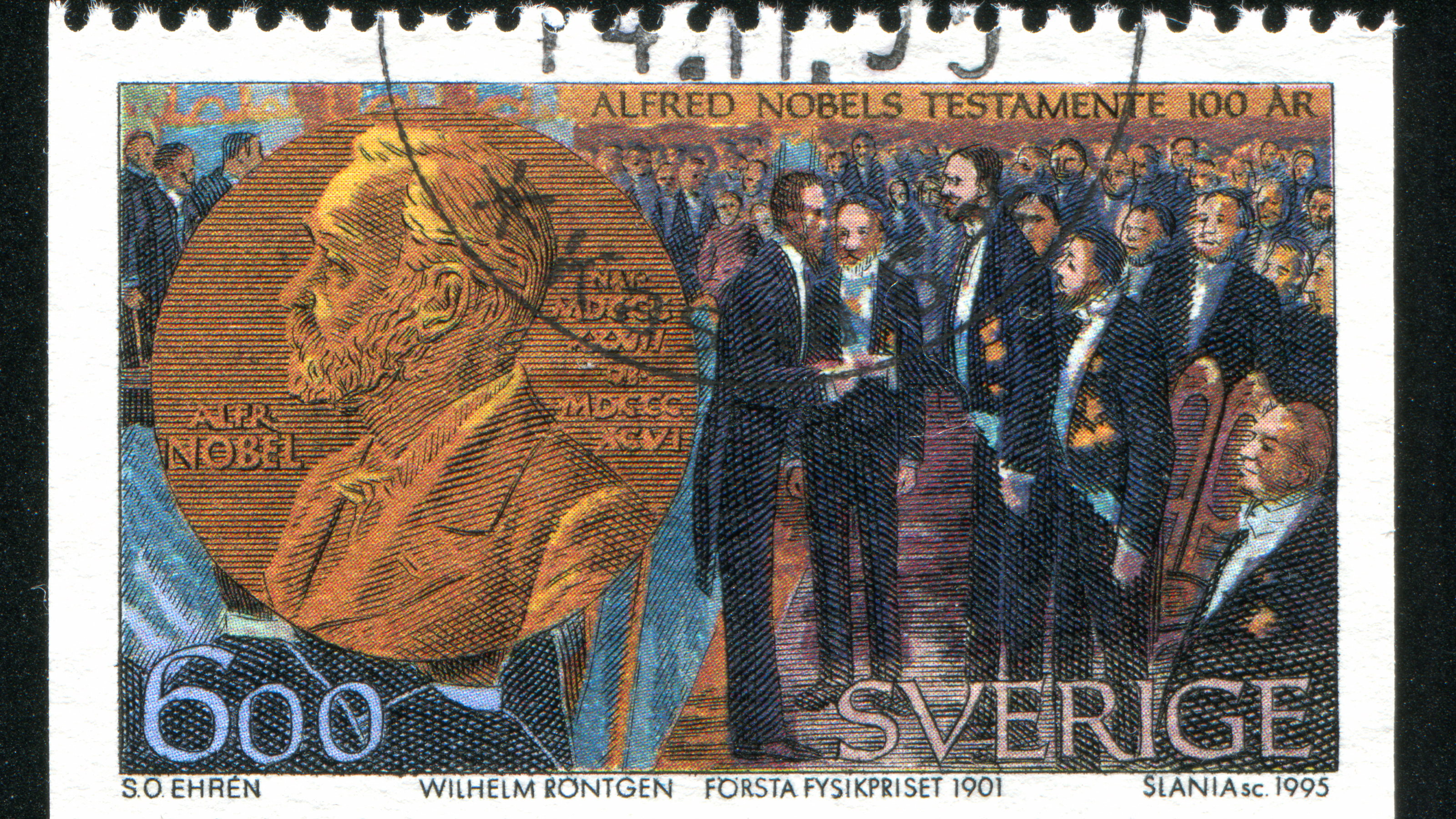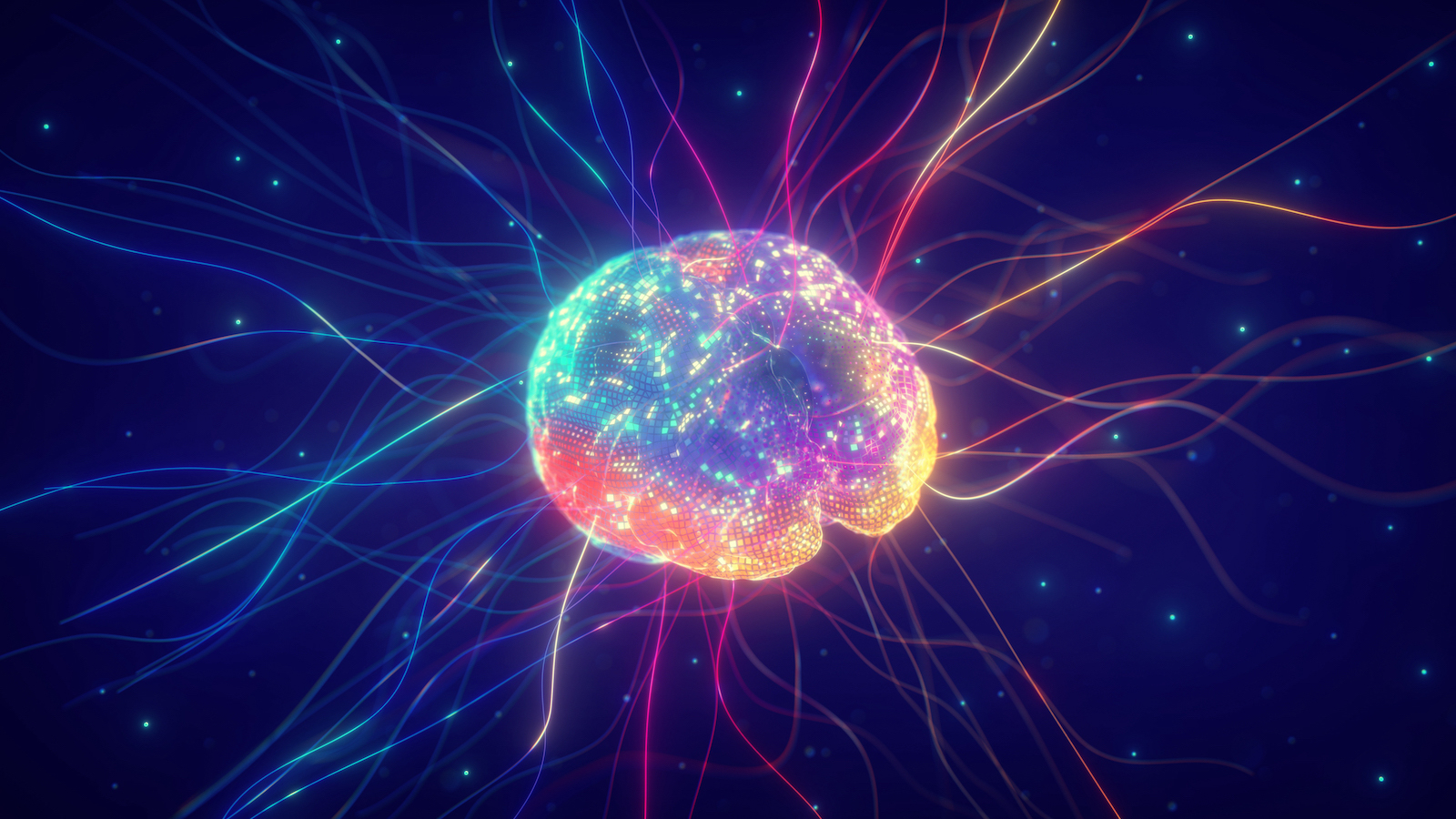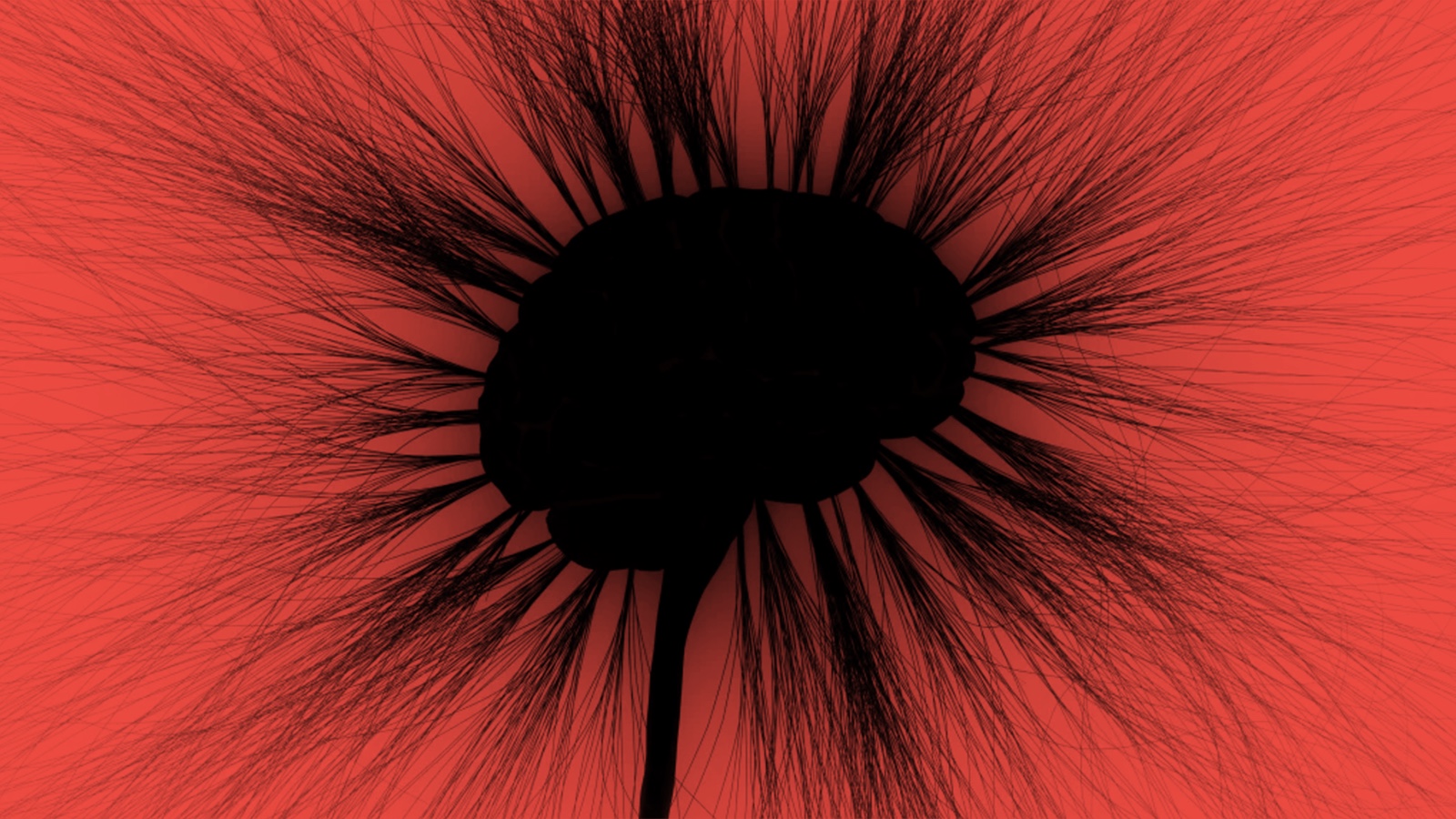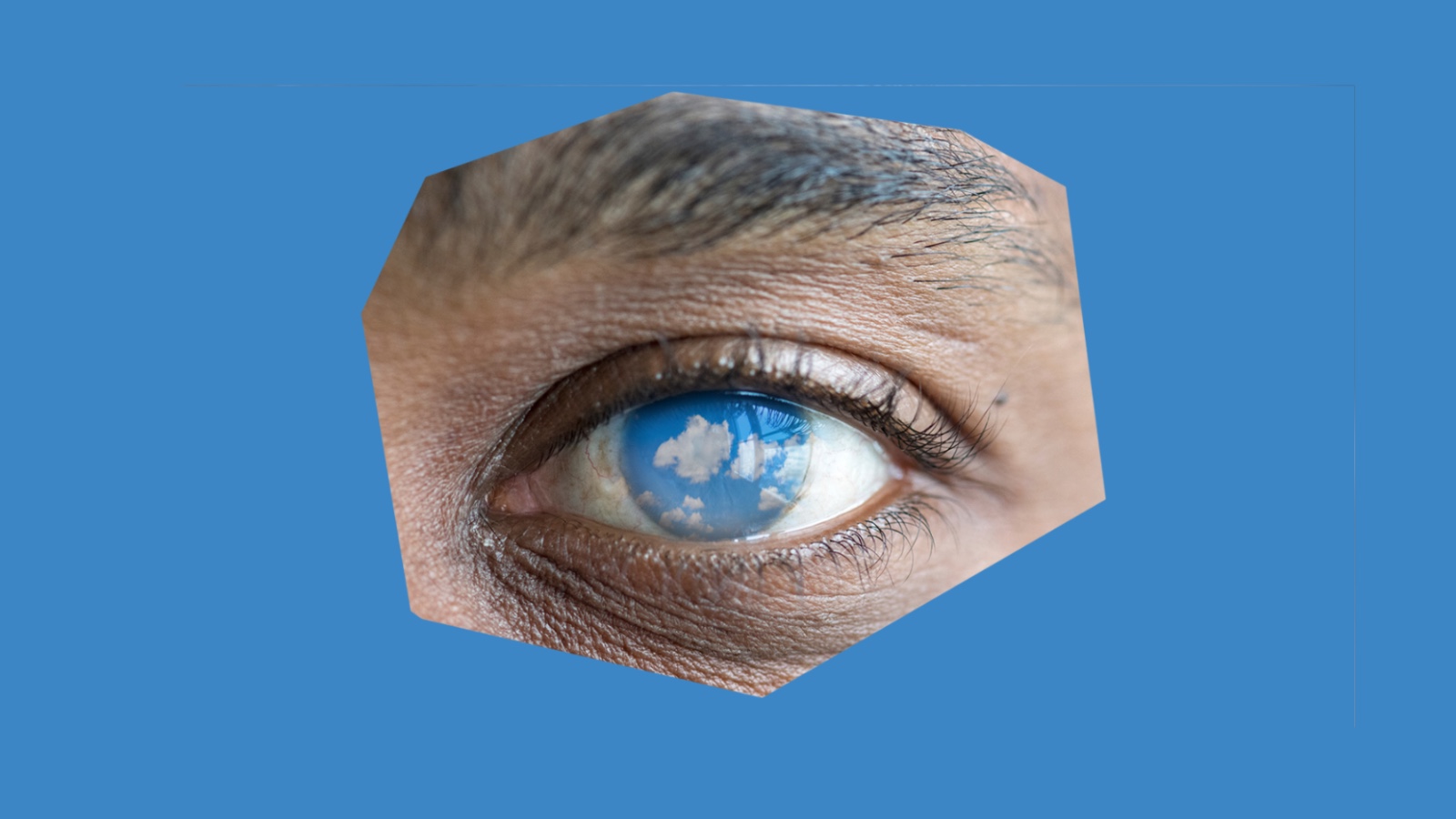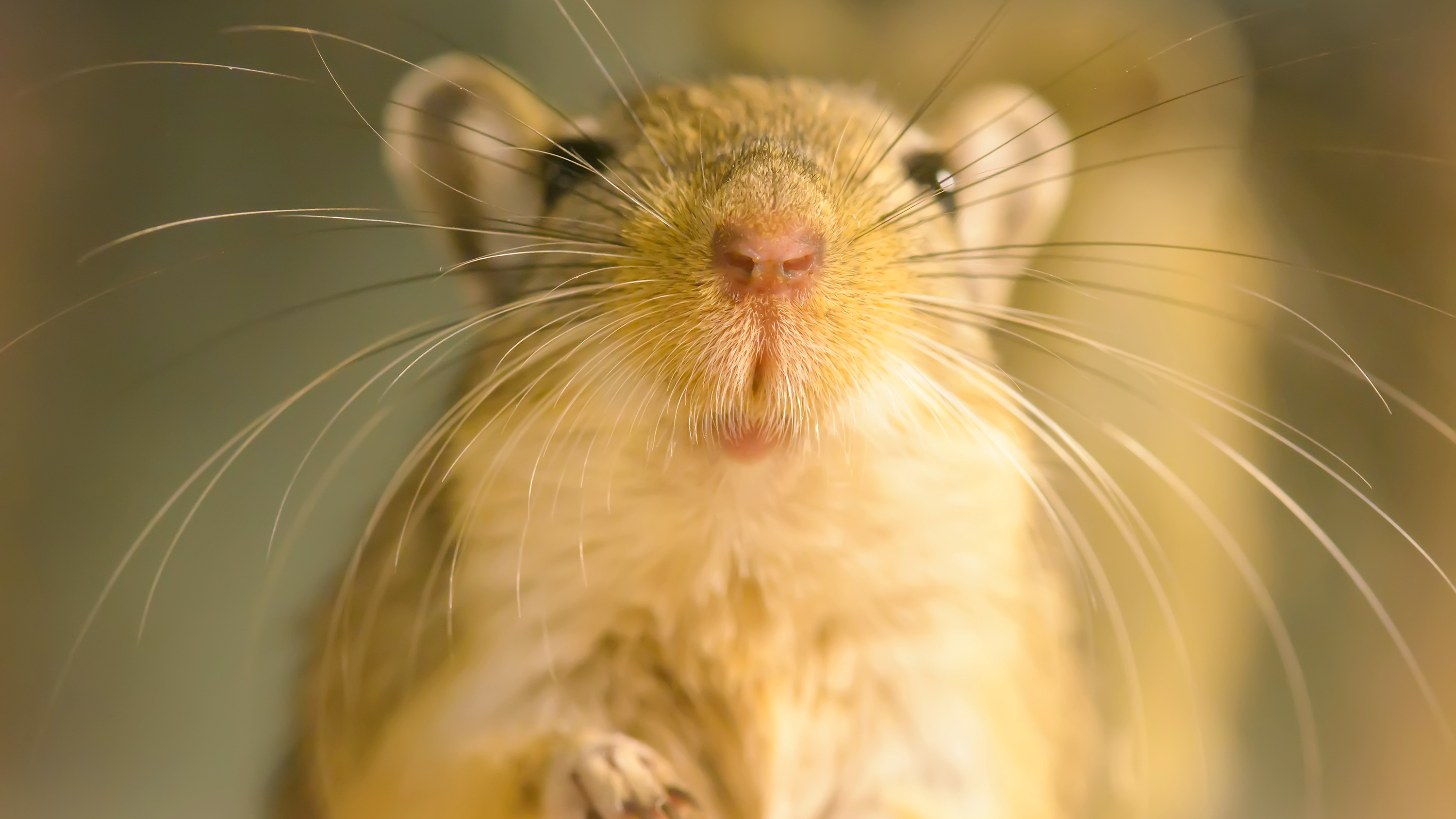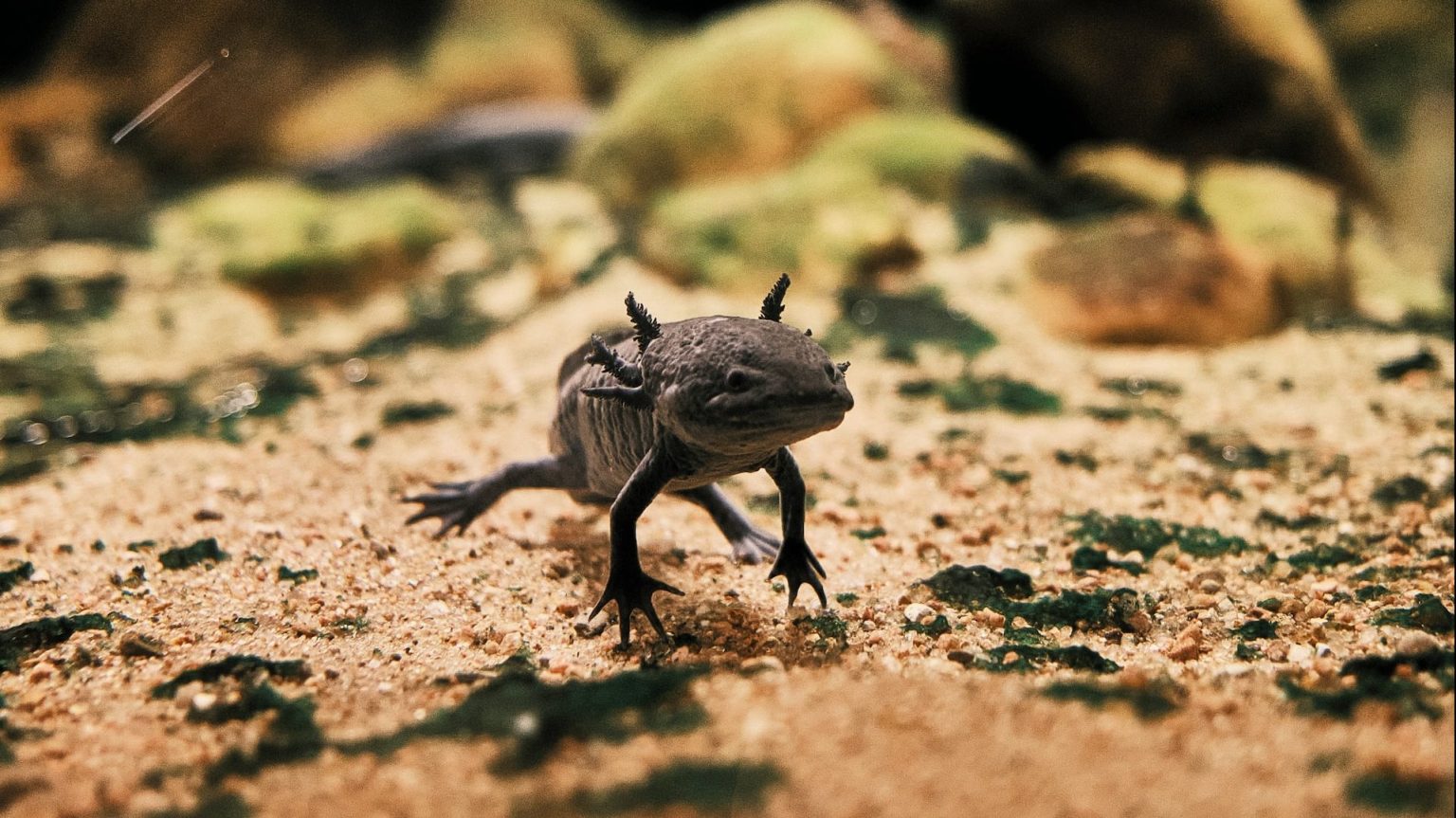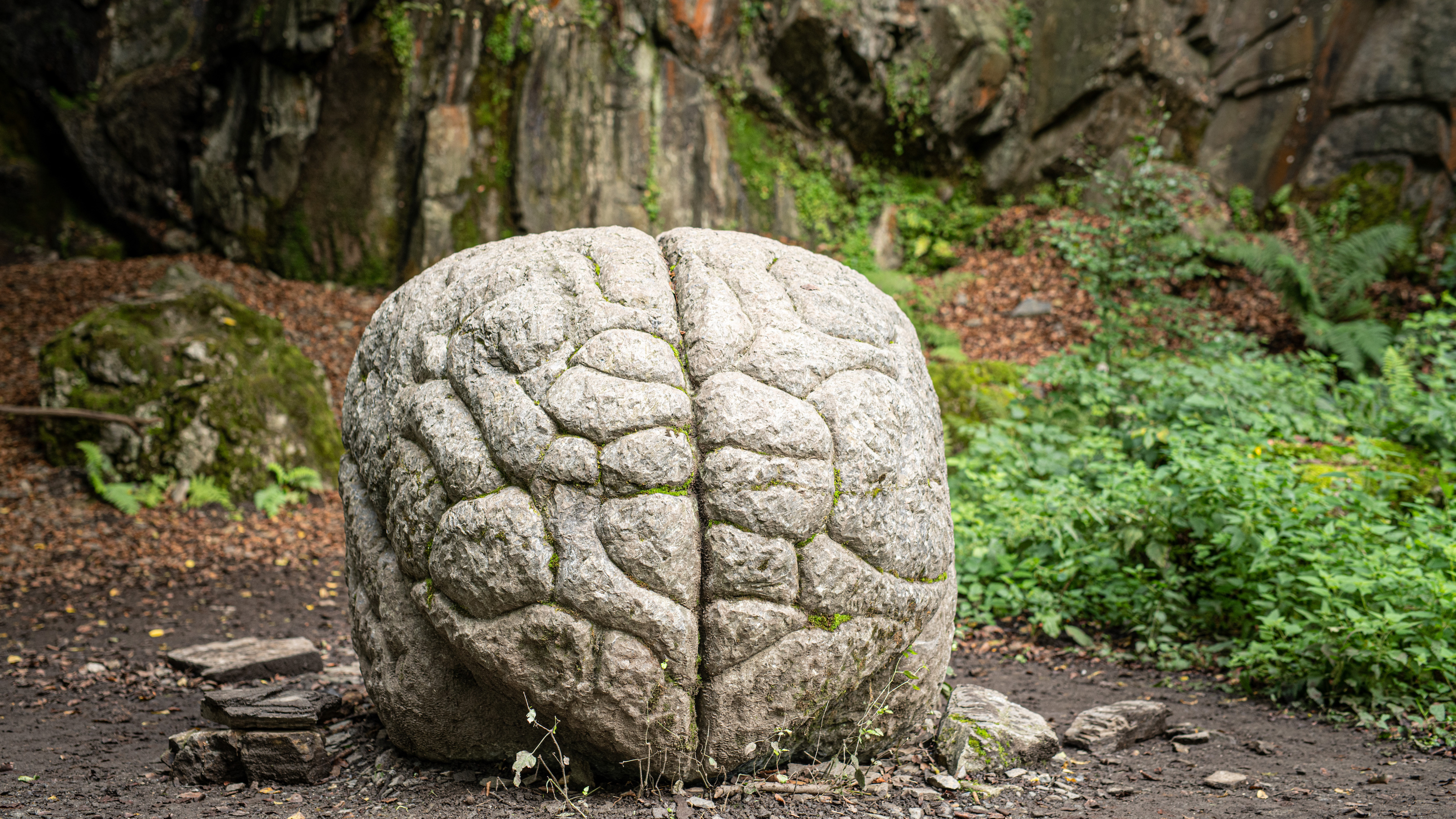neuroscience
The “love hormone” might be an unexplored treatment for Alzheimer’s disease and other forms of dementia.
Their neurons are very different from “normal” people.
It’s time for Tetris.
The answer may depend on your lifestyle.
Studying neuroscience through art.
A technique called targeted memory reactivation could improve common treatments for nightmare disorder.
Fear creates distraction, and that can be a positive experience.
Antidepressants can help alleviate PTSD symptoms when paired with psychotherapy, but does our overenthusiasm for them blind us to more effective alternatives?
This opens the door to manipulating networks of specific neurons.
Meditators invert the relationship between the layers of self-processing.
When other treatments fail, this radical surgery could help.
The researchers suggest that their results demonstrate intelligence in silico.
Psychologists are exploring this creepy feeling of having already lived through an experience before.
An increase in genetic regulatory elements explains how modern humans evolved bigger brains than other hominins.
The same brain differences that contribute to left-handedness also contribute to psychotic disorders. But there’s a bright side.
One award was for a medical procedure that incapacitated thousands of people.
The DARPA-funded memory prosthesis helps the brain retain new information.
The findings of a recent study may help explain why some people are quicker to forget fearful memories.
Fiona Broome remembered Nelson Mandela dying in prison in the 1980s (he didn’t). Oddly, many people had the same false memory.
People think that unhappiness causes our minds to wander, but what if the causation goes the other way?
A key question is how to keep that relief going without relying solely on repeated ketamine infusions.
Talking to yourself seems to yield real benefits, from boosts in cognitive performance to improved emotional regulation.
The recipe for a perfect date night: a rom-com, a bowl of popcorn, and a syringe of testosterone — at least for gerbils, anyway.
Fluphenazine, once used to treat schizophrenia, is capable of blocking a compound connected to chronic pain.
The separation of conjoined twins is fraught with stomach-churning biomedical and ethical challenges.
These salamanders are helping unlock the mysteries of brain evolution and regeneration.
Creativity and achievement require balancing hard work with the restful power of calm.
One tiny change might have made a huge difference.
We also don’t know how Tylenol works. But it does work.
For many people, a challenge to their worldview feels like an attack on their personal identity.
